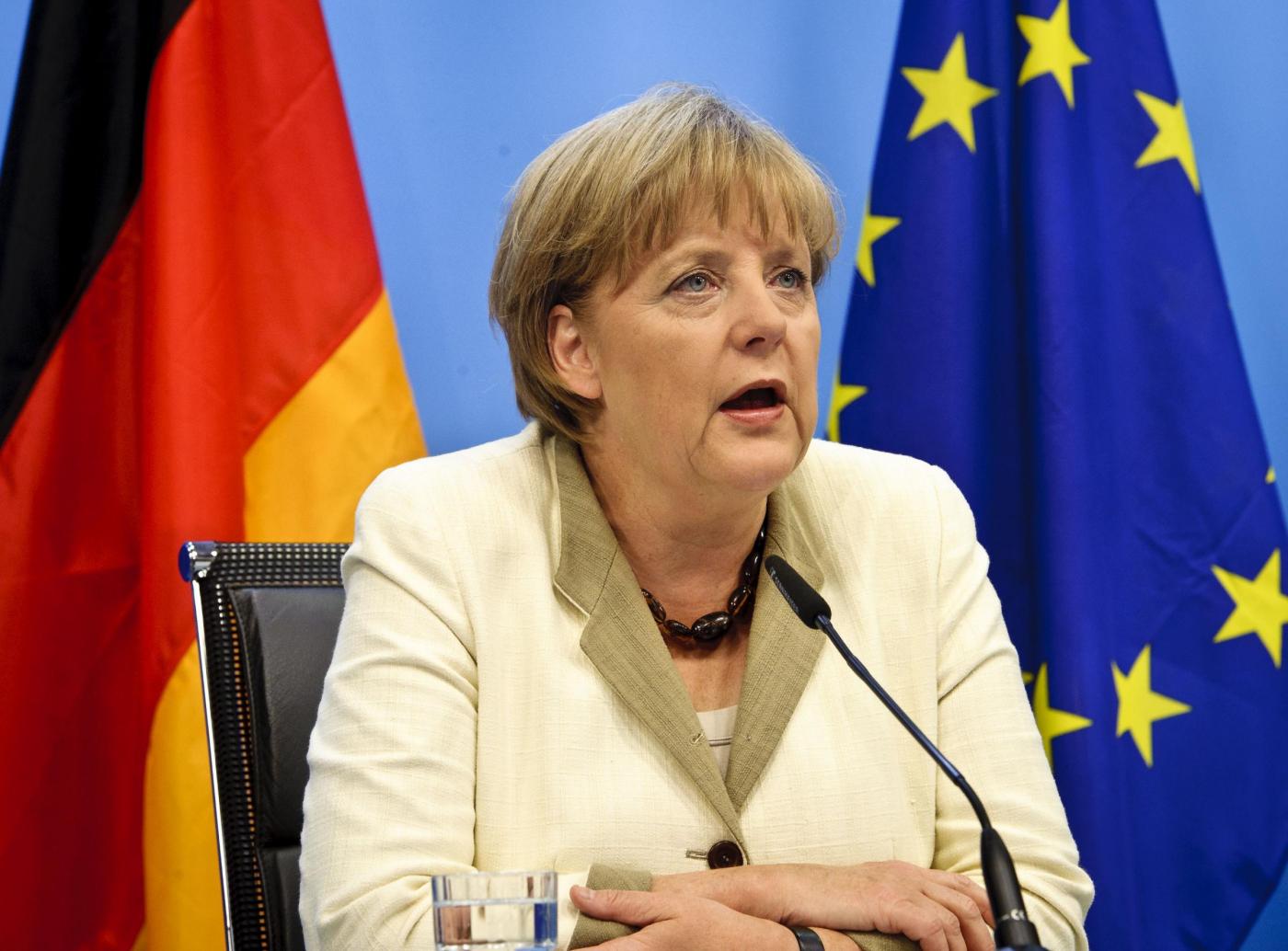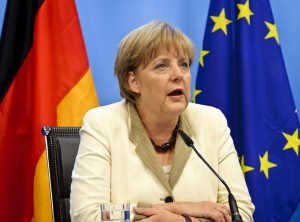Angela Merkel has shaped the international standing of Germany, unlike any other German politician since the turn of the Millennium. The “German Iron Lady” is credited with competent and bridging diplomacy between the east and west in the current Ukraine crisis, as well as restoring Germany’s reputation as a respected European power amongst the Nations. In the wake of the Greek economic crisis however, her position as a leading figure in the EU and as a person has been the subject of harsh criticism. German prestige and influence within the European Union rises and falls with her and so as Greece slips even deeper into crisis, what effect will it have on her reputation?
The German economy has become a European powerhouse, due to entrepreneurial ingenuity as well as accessible markets, guaranteed by the expansion of the Euro-Zone. As a result, Germany holds a prestigious position in the European Council and has pioneered EU financial politics. The management of the international financial crisis and the resulting Euro-Zone crisis has become synonymous with German policies in Europe. Merkel’s spearheading the objective, of trying to “save the Euro at all cost”, has made her personally the target of criticism and insults of dissatisfied and devastated Europeans in the wake of the economic turmoil. Protesters in Greece continuously displayed swastikas and portrayed Merkel as Hitler during rallies across the country. It seems that Germany is losing its reputation amongst fellow EU countries, widening the divide between Europeans.
The economic crisis puts the European community to an unprecedented test. Although the Union has reached its largest membership yet, it seems more fragile than ever. German politics in the European sphere has also caused a great divide between German politicians and even in Merkel’s own Party. Prominent figures within the CDU like Wolfgang Bosbach, who already voiced his concern over financial aid for Greece in years prior, have convinced others to stop voting for Greek Bailout and financial aid packages in the German Parliament. Germans are also getting more unsatisfied with the Greek bailout, as many feel, that Tsipras Government is fooling the EU commission. As a result, populist parties on both the left and the right have gained momentum in local elections throughout Germany, endangering Merkels coalition government.
Recently Wolfgang Schäuble, the German finance Minster from the CDU sparked controversy among the parties of the coalition government, with his proposition to take a Grexit (Greece exiting the EU) into consideration, should the Greek government not change its economic course. Although both Merkel and the Vice Chancellor and head of the Social democrats, Sigmar, Gabriel declared that such a step will not be taken into consideration, the German public seems to be siding with Schäuble and favoring a Grexit, according to recent polls.
The stability of the German economy has long denied critics and opponents of Merkel an attack on her economic policies, but it seems that the Greece crisis has opened a new angle. With popular support for Merkel’s course failing and members of her party and cabinet standing in opposition, it seems that unless Greece makes a miracle recovery, Merkel will have to consider adjusting her policy or continue to lose seats in state parliaments and popularity amongst the public.






